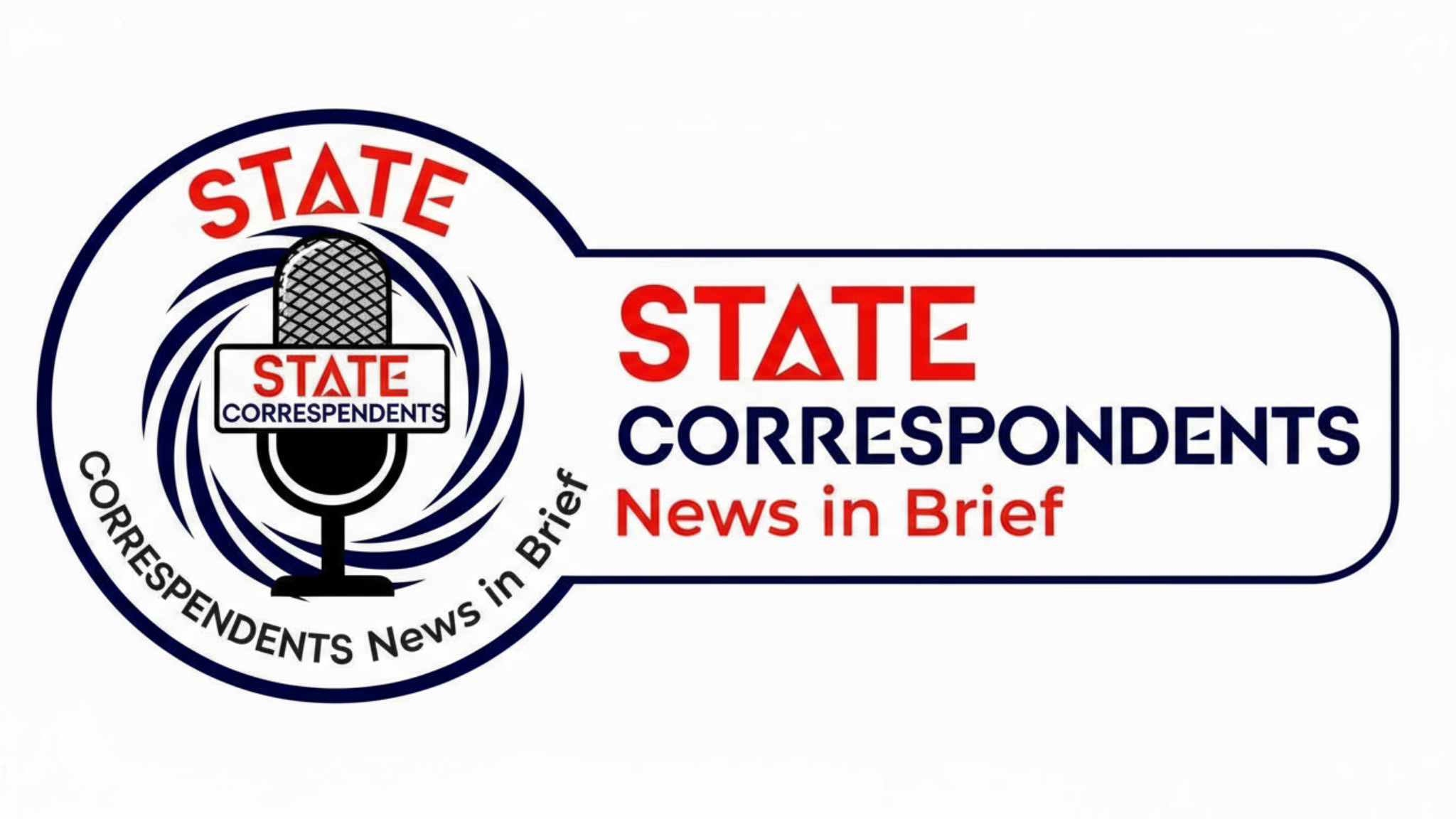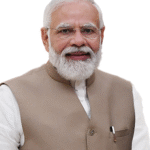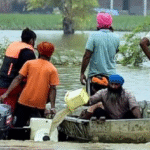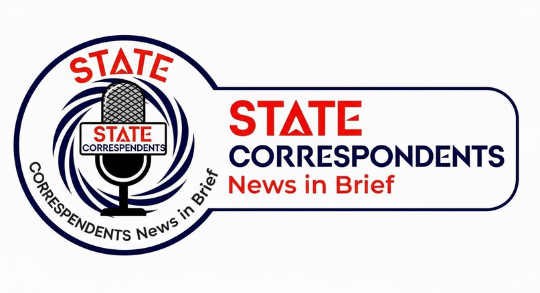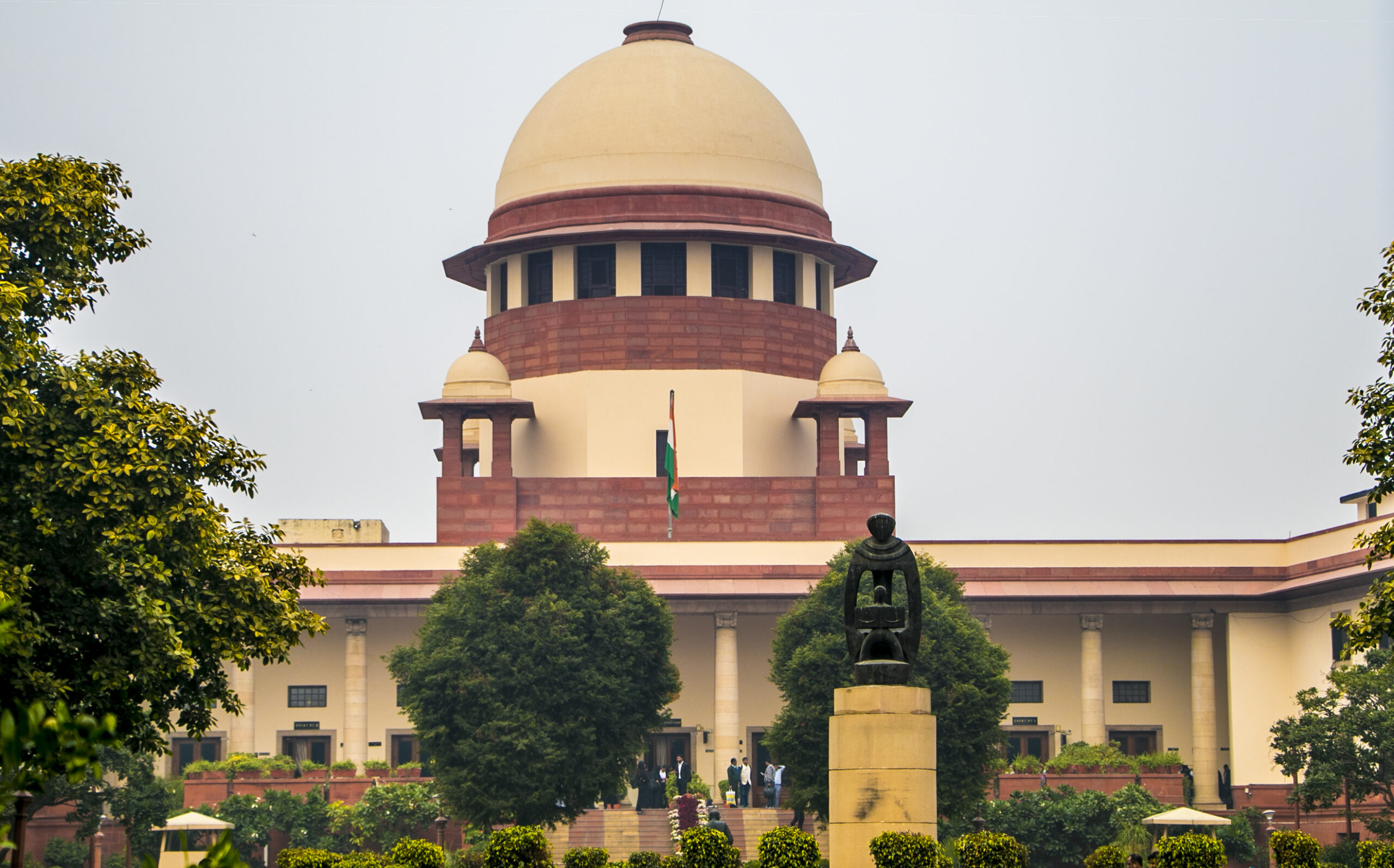
Supreme Court Demands Urgent Pollution Control Measures
The Supreme Court of India has taken strong action against certain state governments—Rajasthan, Uttar Pradesh, Haryana, and Punjab—for failing to fill key vacancies in their State Pollution Control Boards (SPCBs). These boards are crucial to environmental enforcement, including monitoring air and water quality, granting clearances, and taking legal actions against polluters. The Court has mandated that these states must fill all pending technical and scientific vacancies within six months, warning that empty posts are severely weakening pollution control efforts, especially during high-risk periods such as winter when air pollution peaks.
Coordinated Efforts Across Agencies
Besides the states, the Court has directed the Commission for Air Quality Management (CAQM) and the Central Pollution Control Board (CPCB) to ramp up their pollution mitigation activities. The CAQM is required to submit an action report within three weeks detailing all steps taken to address air pollution, particularly in the severely affected Delhi-NCR region.
Key Government Measures and Strategy
In response, the Union Environment Minister Bhupender Yadav recently led a high-level meeting with CAQM officials, Delhi government representatives, and other agencies, culminating in several strategic focus areas:
- Extensive use of Online Continuous Emission Monitoring Stations (OCEMS) to ensure real-time data on pollutants.
- Mandatory installation of Air Pollution Control Devices in critical industries and vehicular sectors.
- Implementation of a robust Integrated Waste Management Plan for efficient garbage collection and disposal.
- Launching the “Ek Ped Maa Ke Naam” afforestation campaign to increase green cover and naturally reduce airborne pollutants.
Current Air Quality Situation
Delhi currently experiences a ‘Moderate’ Air Quality Index (AQI) in most areas. However, some localities such as Jahangirpuri report ‘Poor’ air quality with AQI values nearing 200, a level that poses serious health risks to residents and underlines the critical need for immediate pollution control.
The Supreme Court’s directives and the government’s proactive steps aim to restore effective environmental governance, ensure timely pollution control, and protect public health in northern India against deteriorating air quality.
